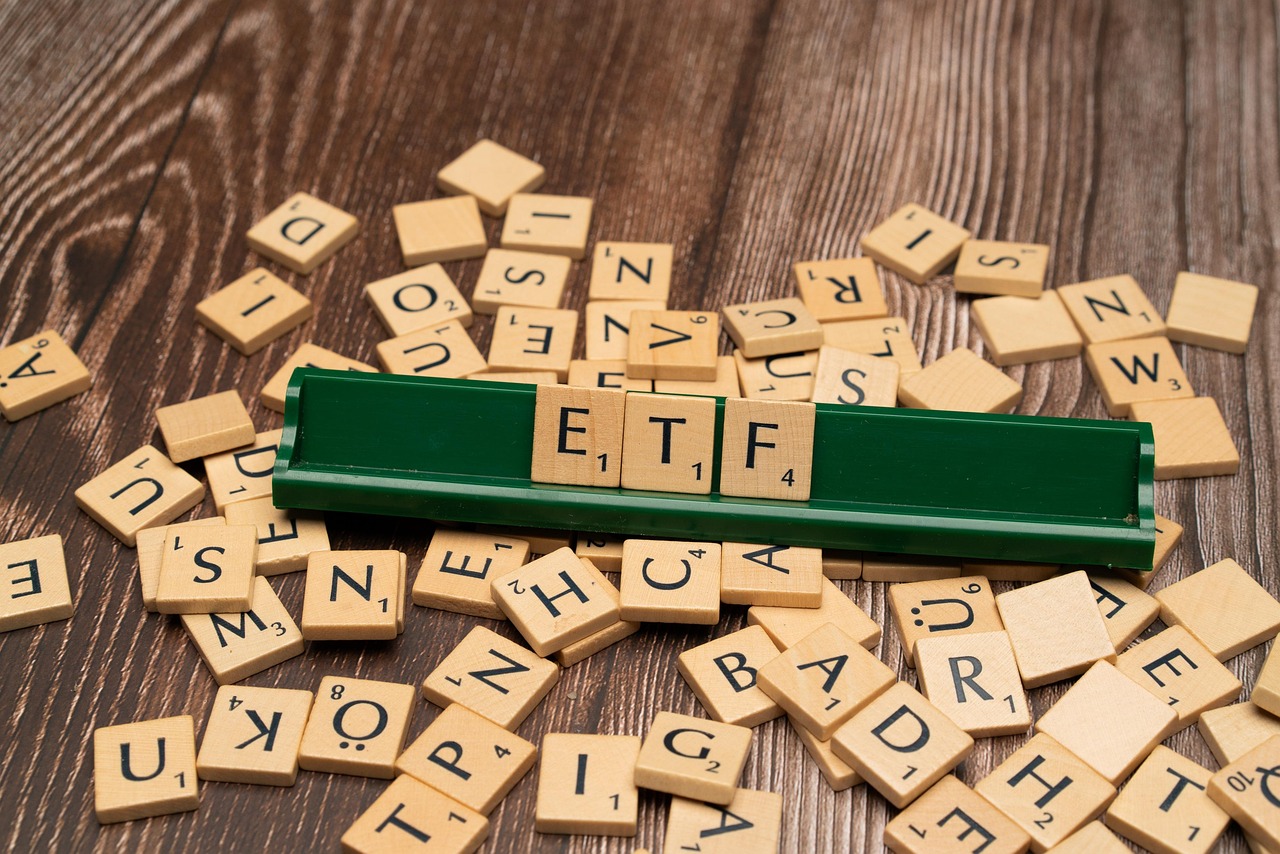Introduction
The decision between individual shares and ETFs is an essential question of principle for potential private investors. Both options have advantages and disadvantages - and above all different requirements. As an investor who knows both sides, I would like to offer a simplified comparison that will hopefully help you decide which investment style suits you better:

Individual shares
- All beginnings are difficult: The basics must first be understood (what is the P/E ratio, beta, etc.). Investing blindly in shares has never helped anyone.
- Strategy is everything: Before you start, you need a clear strategy. This requires a lot of thought and a willingness to familiarize yourself with new topics.
- High time investment: You need to spend a lot of time on the companies. This also means:
1 W questions: An understanding of what the company does is absolutely essential. For some companies, this is even a major hurdle.
2 Valuation and key figures: At best, you analyze balance sheets, profit and loss statements and key figures to assess the value of a company.
3 Check the investment case: It is not enough to buy a share once. You need to review the investment case regularly and check whether the company still fits in with your strategy.
- Learning curve and losses: Losses are likely, especially at the beginning. This is part of the learning process. It is important to learn from mistakes - otherwise there is no point.
- Higher volatility: Individual shares can fluctuate in value significantly more than a broad market index.
- "Buy and hold" - a fallacy? Many people talk about "buy and hold" for long-term stocks, but in reality it is still a form of active investing. Every time you look at your portfolio, you make a conscious decision not to sell a share. This is often easier said than done, even with seemingly "safe" stocks like Microsoft $MSFT (+0,93%) .
- Life situation counts: Your personal situation is crucial. If you have children, for example, you are responsible for more than just yourself. Here you should think twice about the risk of individual share investments.
- Insight: After years of unsuccessful investing in individual shares, you have to admit your own mistakes and perhaps realize that an ETF is probably the better investment product for you after all.
- Passion: Ultimately, all of this is linked to passion. Private investors who do not feel a certain desire to deal with the stock market and shares, but only want to maximize profits, will be disappointed in the long term.
Disclaimer
This is not investment advice. These are personal assessments that cannot replace professional advice. If you don't want to miss any more stock analyses and articles from me, please subscribe to my free sub-subscription (link in profile).
ETFs
- Time required: After the initial selection of a suitable ETF, the time required is minimal. You don't have to analyze individual companies.
- Passive: Even though ETFs are considered passive investing, it has a small active componentbecause here, too, you decide not to sell the ETF when you look at your portfolio. However, once the investment decision has been made, you don't have to worry too much about it
- Market return guaranteed: With a broadly diversified ETF, you generally get the market return. This means you benefit from the performance of the market as a whole without having to worry about individual companies.
- Less susceptible to fluctuations: Despite the comparison with individual shares, ETFs also have a certain susceptibility to fluctuation. However, they are generally less volatile than individual shares.
- Low fees: Thanks to free savings plans, the fees for ETFs are often very low.
- Outperformance: Most private investors fail in their approach to investing in individual stocks. ETFs therefore offer a higher expected return on average
Conclusion
Of course, you can also combine both investment approaches. This could be interesting if you want to take a closer look at the stock market and believe you can beat the market without putting all your capital into individual shares.






